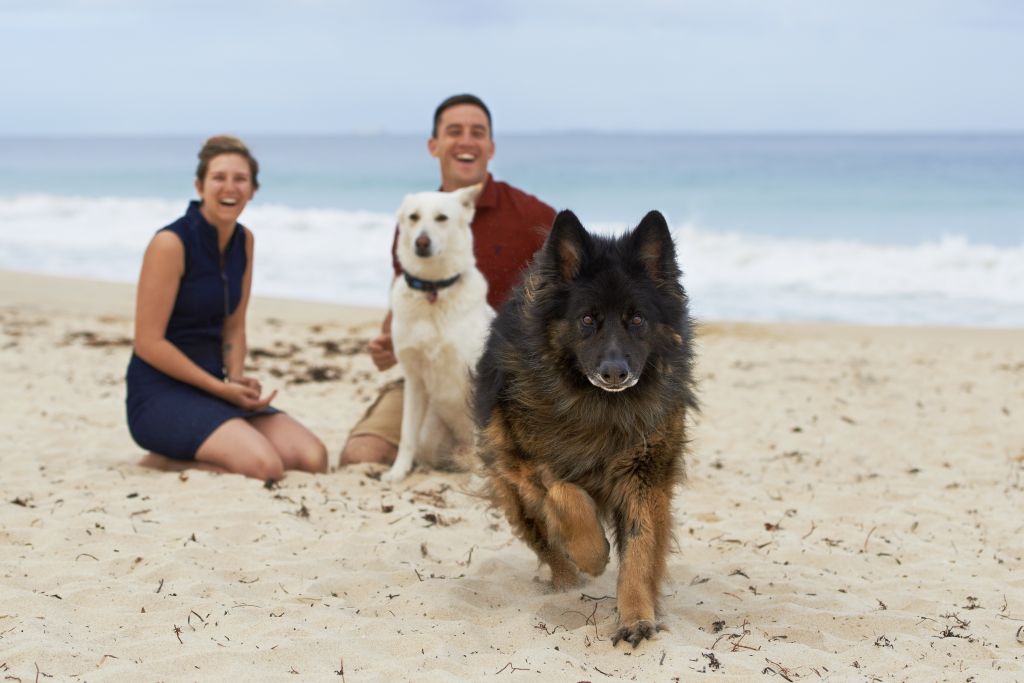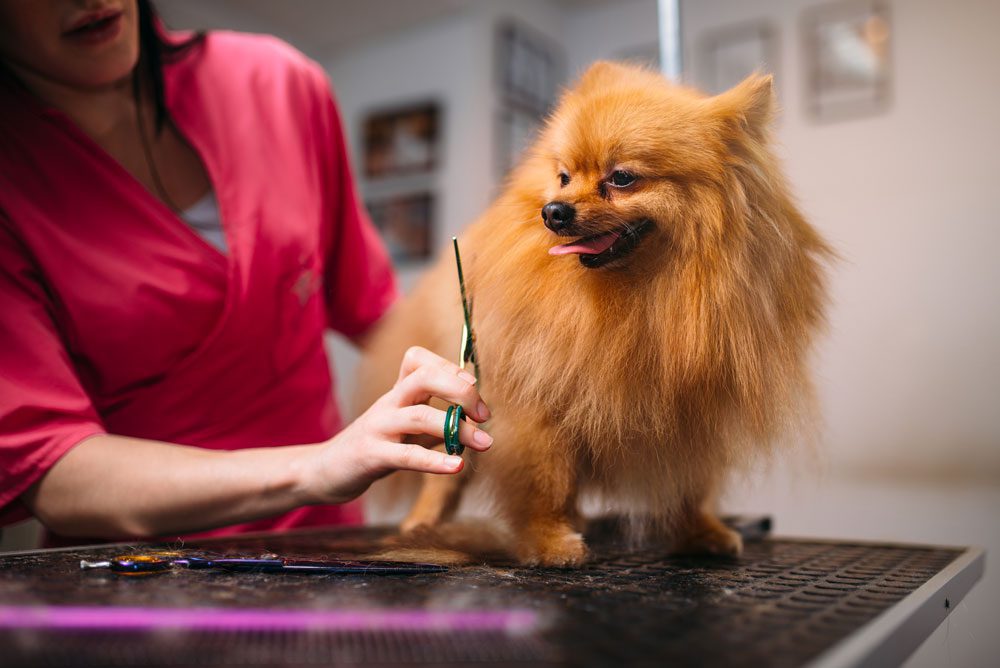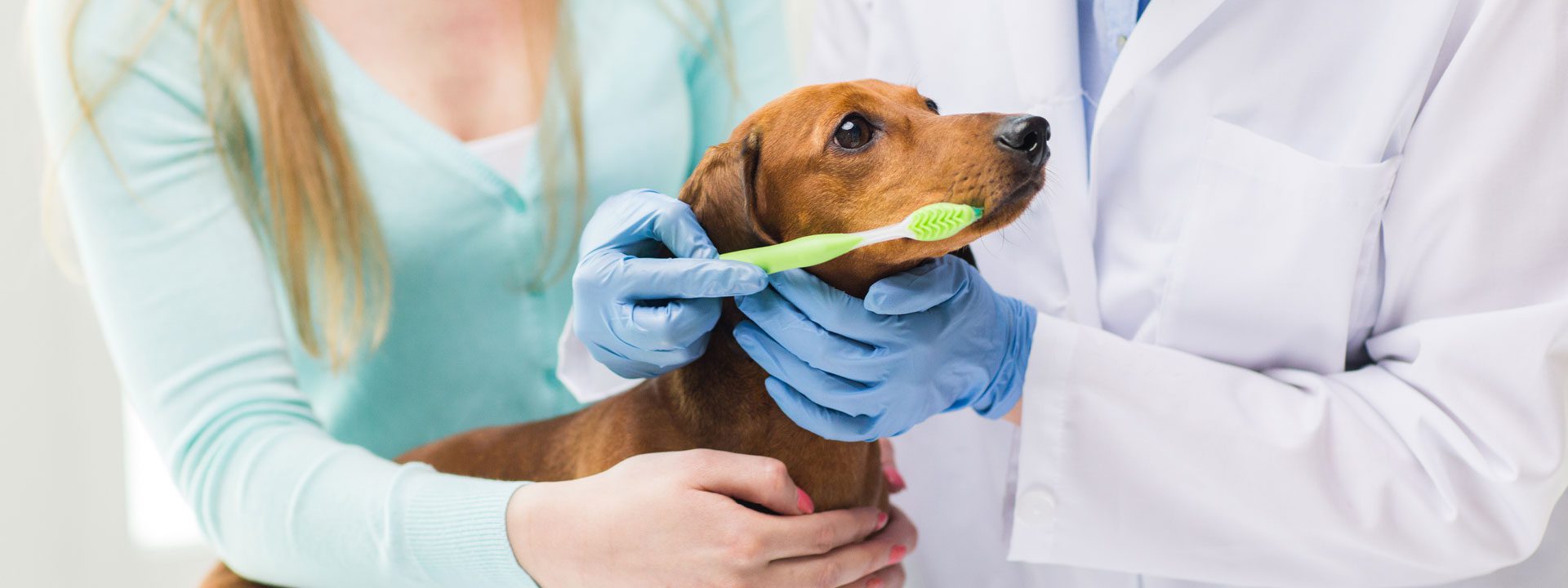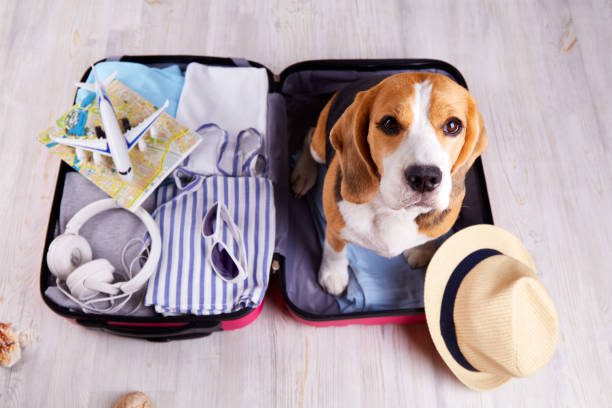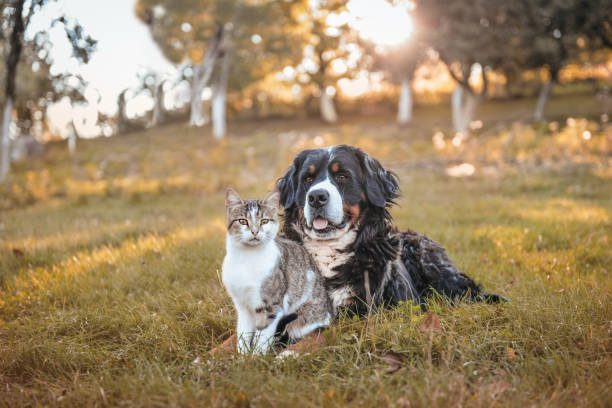Top 8 Healthiest Foods for Dogs: Dogs may also consume human food. Here is a list of our 10 favorite easy and nutritious dog foods.
Peanut Butter for Energy
Peanut butter provides your dog with essential nutrients, like protein, healthy fats, and vitamins, allowing them to stay active for longer. Peanut butter may have an unusual texture for some dogs, but once they get over it, they love the creamy, salty flavor. To encourage licking, try spreading peanut butter on a carrot or apple slice, or placing it on a chew toy or bone. You should only give your dog peanut butter if it is a healthy kind that does not include any added sugar or sugar substitutes like xylitol, which may be harmful to dogs.
Cheese for a Protein Boost
Assuming your canine does not suffer from lactose intolerance, cheese is a great option for a quick and nutritious snack that is high in calcium and protein. Dogs may benefit greatly from cottage cheese due to its high protein content, low fat content, and ease of digestion.
Carrots for Healthy Teeth
Raw carrots aren’t just good for horses; they’re also a nutritious food for dogs! Carrots are healthy for dogs of all weights since they are low in calories and help keep teeth sharp when chewed. Overweight dogs may also benefit from this snack.
Yogurt for Digestive Health
What you need is living yogurt that is simple and unsweetened; this is a very precise request. Similar to cheese, giving your dog more dairy will increase his protein and calcium intake, and the living cultures and probiotics are fantastic for his digestive health.
Eggs for Extra Calories
You may give your puppy either cooked or uncooked eggs. If you want to offer your dog a healthy dose of biotin and riboflavin, one option is to feed them raw eggs—shell and all—in an outdoor setting. Try a hard-boiled egg without any spice if you’re nervous about eating raw eggs. An excellent source of calories and protein for a developing puppy!
Green Beans for Veggo Dogs
A vegetarian dog on a weight loss regimen would benefit greatly from eating green beans. The low calorie count and high fiber content of the stringy vegetable will make it easier for your dog to lose weight.
Apples for Vitamins
To ensure that your dog gets enough vitamin A and C every day, throw a diced apple into its dish when it’s snack time. The skin contains most of the nutrients, so there’s no need to peel it. However, you should try to avoid eating the seeds since they contain trace amounts of cyanide.
Fish for Good Fats
Because of the abundance of healthy fats and amino acids in cooked salmon and sardines, these fish are ideal for your dog’s diet. For the sake of your pet’s safety, always prepare fish to the proper doneness and remove any bones before feeding it.
Coconut for Immune Protection
The lauric acid found in coconuts aids in weight reduction and strengthens the immune system. While coconut meat, milk, or oil are all safe for dogs to eat, it’s important to keep their paws away from the entire coconut since the hairy rind might choke them. Coconut oil has several uses; it not only improves the appearance of your skin but also helps with bad breath and other skin issues.
Peanuts for More Protein
Your dog can eat peanuts, but that’s about it when it comes to nuts. Although almonds aren’t poisonous to dogs, their form makes them a choking hazard, and macadamias, walnuts, and pecans are very poisonous. But peanuts, which are rich in protein and healthful fats, pose no threat at all. you keep this snack healthy for your dog, just be sure you serve them shelled, unsalted peanuts.
Port Kennedy Vets offer a Wellness Programme to help you keep your dog in top condition and living a long, healthy and happy life. Call 08 6555 5149 or visit our contact page today to find out more.
Also visit –

